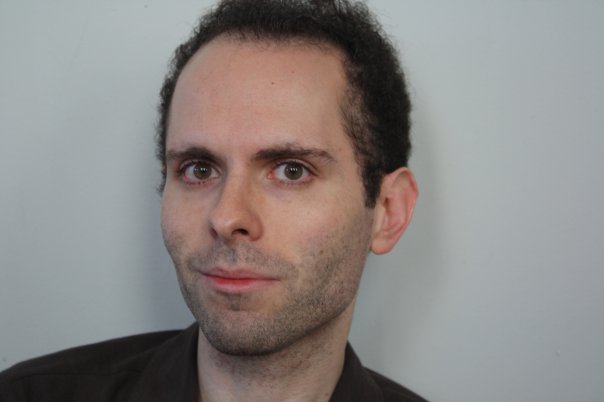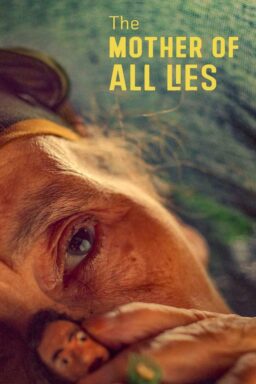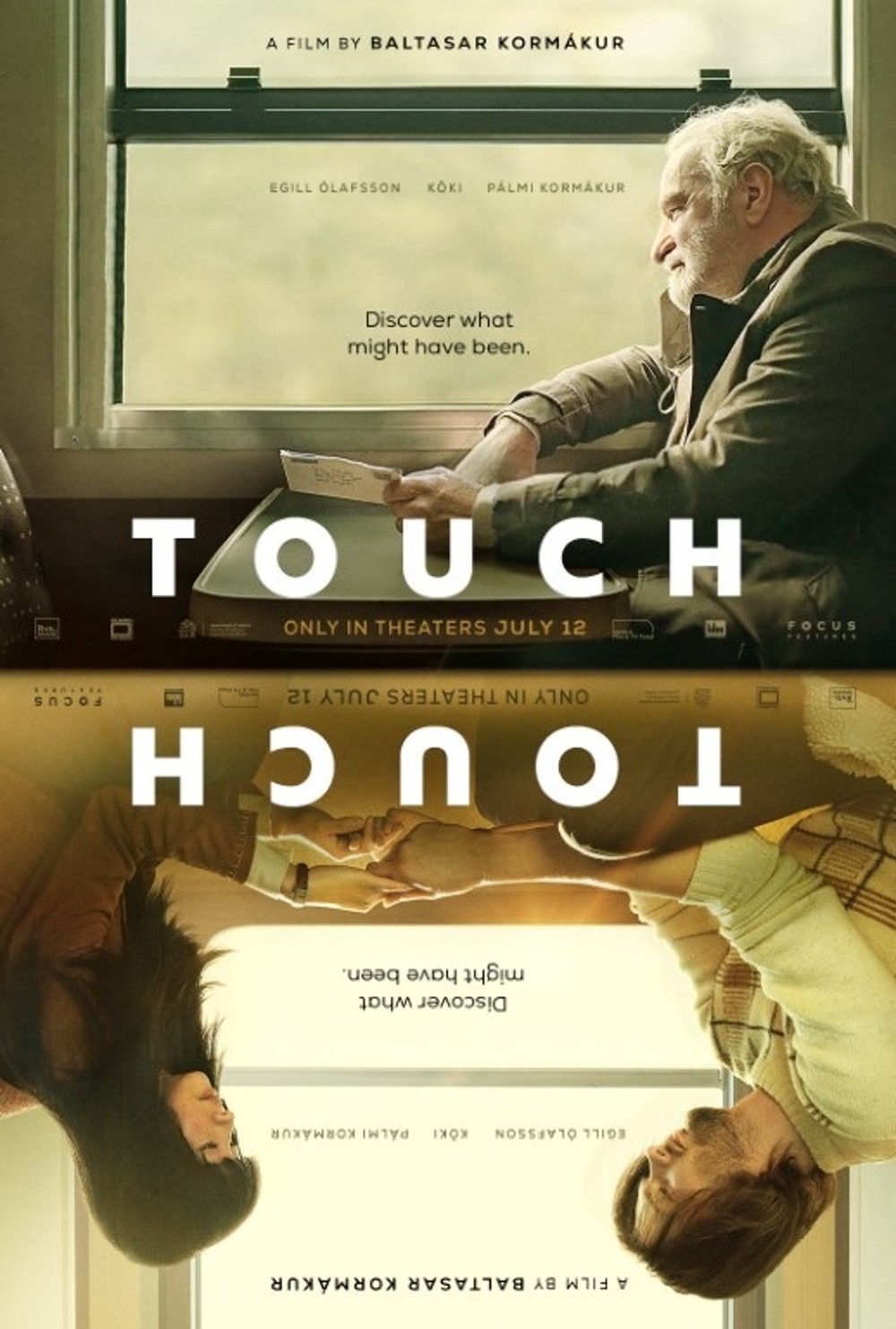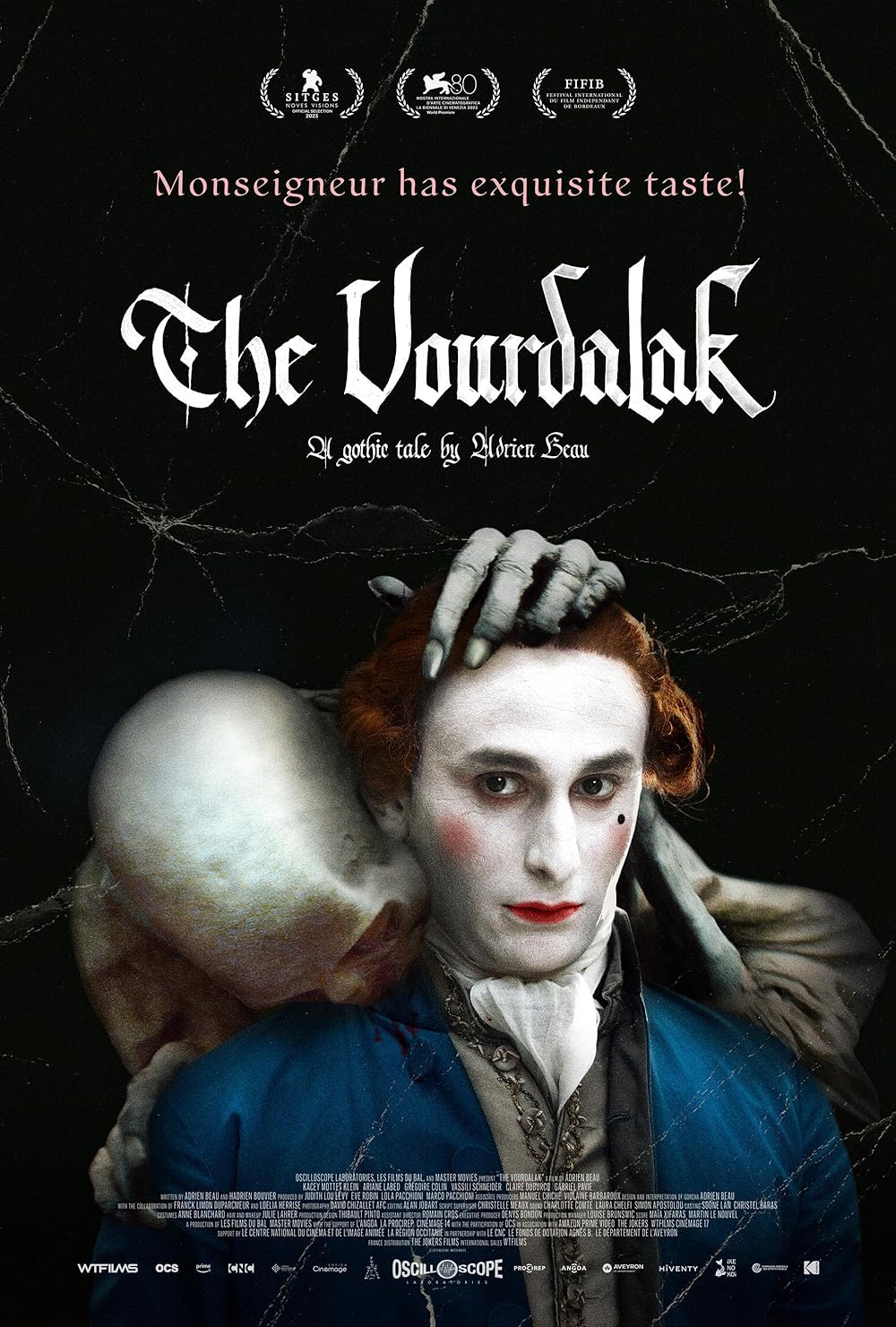Few world cinema figures were as beloved in recent years as Agnès Varda, a Belgian-born director of French cinema who brought an irresistibly restrained sort of wacky charm to all of her public appearances and her appearances in front of the camera in so many of her documentaries. She made only eight or so narrative features (depending on what you might consider a narrative), the last of which was "Kung Fu Master" (1987), a film in which she cast her own 14-year-old son Mathieu in a curious sort of love story with the 40-year-old Jane Birkin.
Varda could be very provocative, and that should be remembered in any tribute to her. She made a documentary about the Black Panthers in 1968, and her film "Lions Love (…and Lies)" (1969) stars the very edgy Warhol superstar Viva. Most pressingly, Varda made two major narrative features that could not be less comforting: "Le Bonheur" (1965), which very convincingly posits that romantic happiness is so promiscuous that it can be re-created exactly with two different people, and "Vagabond" (1985), an austere and measured story about a nihilistic young woman (Sandrine Bonnaire) who rebels against everyone and everything around her until her time is up.
Varda came from a working class background, and she received a degree in literature and psychology from the Sorbonne, which she found "antiquated" and un-friendly. She began earning money as a still photographer, taking photos of weddings and family events, but right away she wanted to take shots that expressed her relationship to the world. Varda worked as a photographer for stage productions, and she was very taken with the beauty of Gérard Philipe, a fragile and poetic French actor.
In 1955, Varda made her first narrative feature "La Pointe Courte," a story set in a fishing village that was made independently. (It supposedly cost just $14,000.) They called her the "godmother" and later the "grandmother" of the French New Wave of the 1960s because she was out there doing it before most of her male counterparts got going, and "La Pointe Courte" feels not just like a first film but like one of the first films ever made. It is a somewhat shy picture, tentative, but it is clear that Varda is working in her own way; she breaks from convention here because she didn't really know the conventions to begin with. She is making it all up on the spot, and that element of chance would become crucial in her work.
Varda met the French director Jacques Demy in 1958, and they soon moved in together. She became pregnant with their first child and made a short film called "L'opéra-mouffe" or "Diary of a Pregnant Woman," which contrasts the reality of being pregnant with a romantic fantasy ballet. Both Demy and Varda were romantics, and he began to make extremely romantic films in the 1960s like "Lola" (1960), "Bay of Angels" (1962) and "The Umbrellas of Cherbourg" (1964).
At the same time, Varda made her own films from her own similar yet far more astringent point of view, films like "Cleo from 5 to 7" (1962), which is about a pop singer waiting to hear a crucial medical diagnosis, "Le Bonheur," and the little-seen but crucial "Les Creatures" (1966), which is about a young pregnant woman played by Catherine Deneuve who must withstand the pressure of living with her novelist husband (Michel Piccoli).
Demy and Varda went to America so that he could make "Model Shop" (1969) in Los Angeles, and she embarked on a very adventurous period in her own work where the leftist political engagement of that time was analyzed in a series of shorts and documentaries. She returned to narrative features with the explicitly feminist "One Sings, the Other Doesn't" (1977), but her short feature "Documenteur" (1981) was far more unsettling. It tells the story of a French woman (Sabine Mamou) who has separated from her lover and has been left to raise her young son, played by Varda's own young son Mathieu Demy, by herself. Varda and Demy had separated at this point because Demy was involved with a young story editor named David Bombyk, who later went on to become a producer. Bombyk died at age 36 in 1989, and Demy himself died the following year from AIDS-related complications.
It was in the mid-1980s that Varda struck with her masterpiece, "Vagabond," a film where all bets are off. This is the one Varda film that has no use for charm or the pleasures of waywardness, for "Vagabond" is a pitiless movie about how being wild and living rough without a security net can lead to extinction. Varda chose to tell some of this story with a series of alienating tracking shots that run from right to left, which is the opposite of the way we read and usually take in information. This is a film that sees the dark side of chance, and Varda's own style was never more deliberate or less prone to chance itself. This is her testament movie, and one of the best of all movies about trying to get along by yourself without any help.
In the last 30 years or so of her career, Varda mainly made films about her own past and about Demy, though she never came close to describing or even mentioning the difficulties of their relationship, even though she had once made a movie about that, "Documenteur." She was a free woman in so many ways, but maybe there are things about her that we do not know, and that we may begin to know as the reality of her life and her achievement become more apparent.
In his review of Varda's "The Gleaners and I" (2000), Roger Ebert wrote of her films, "I don't believe a single one was made because of its commercial prospects. They were made out of love of the art form, and constructed by what fell to hand and seemed good to her." She won the Ebert Tribute Award at the Toronto International Film Festival in 2016, and even a special Academy Award in 2017, and she accepted both of these with her trademark sense of fun.
Varda was a very disarming presence, and her latter-day image was cheerful. But she made "Vagabond" and "Le Bonheur" and other films that are lethally direct and not at all comforting, and so it seems clear that we need to look closer with her and get a better sense of who she actually was and the nature of her achievement as a key film director of her time.
Header photo credit: Agnès Varda in "Faces Places," Cine Tamaris.












